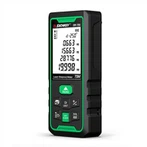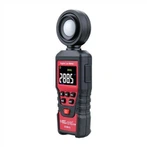Where are combustible gas detectors used?
One crucial piece of alarm equipment is the flammable gas detector, which is required for safe manufacturing. It can swiftly determine whether flammable gas is present in the atmosphere and whether the quantity of gas is high enough to cause an explosion, preventing explosions at crucial times. Is there anyone who knows where flammable gas detectors need to be installed?
1. The catering sector
As per the "Draft Regulations", Article 10, it is mandatory for "catering establishments" to install safety devices, like flammable gas concentration alarms, that adhere to national quality and measurement standards in compliance with relevant regulations. Additionally, they must have fire-fighting equipment and facilities, like dry powder fire extinguishers, and ensure their regular use.
2. The chemical sector
"Design Code for Combustible Gas Detection and Alarms in Petrochemical Enterprises" states that standards should be followed when equipping process equipment, storage facilities, and transportation facilities that consume or create flammable gases with combustible gas alarm devices.
3. Petrochemicals and petroleum
The manufacture of petroleum and petrochemicals produces a number of hazardous and toxic gases, such as ammonia, carbon monoxide, hydrogen sulfide, and chlorine. Installing alarm systems for dangerous and flammable gasses should follow rules.
4. The Coal Sector
Gas alarm goods are in high demand in the coking industry, coal gasification-synthetic ammonia, coal-based methanol, coal-to-synthetic oil, and coal chemical co-production.
5. The pharmaceutical sector
The pharmaceutical sector uses a lot of hazardous materials, like alcohol, methanol, and acetone. Defective handling and storage can result in detonations. Alarms for poisonous and combustible gases are among the best technological tools for spotting harmful material leakage. considerate.






